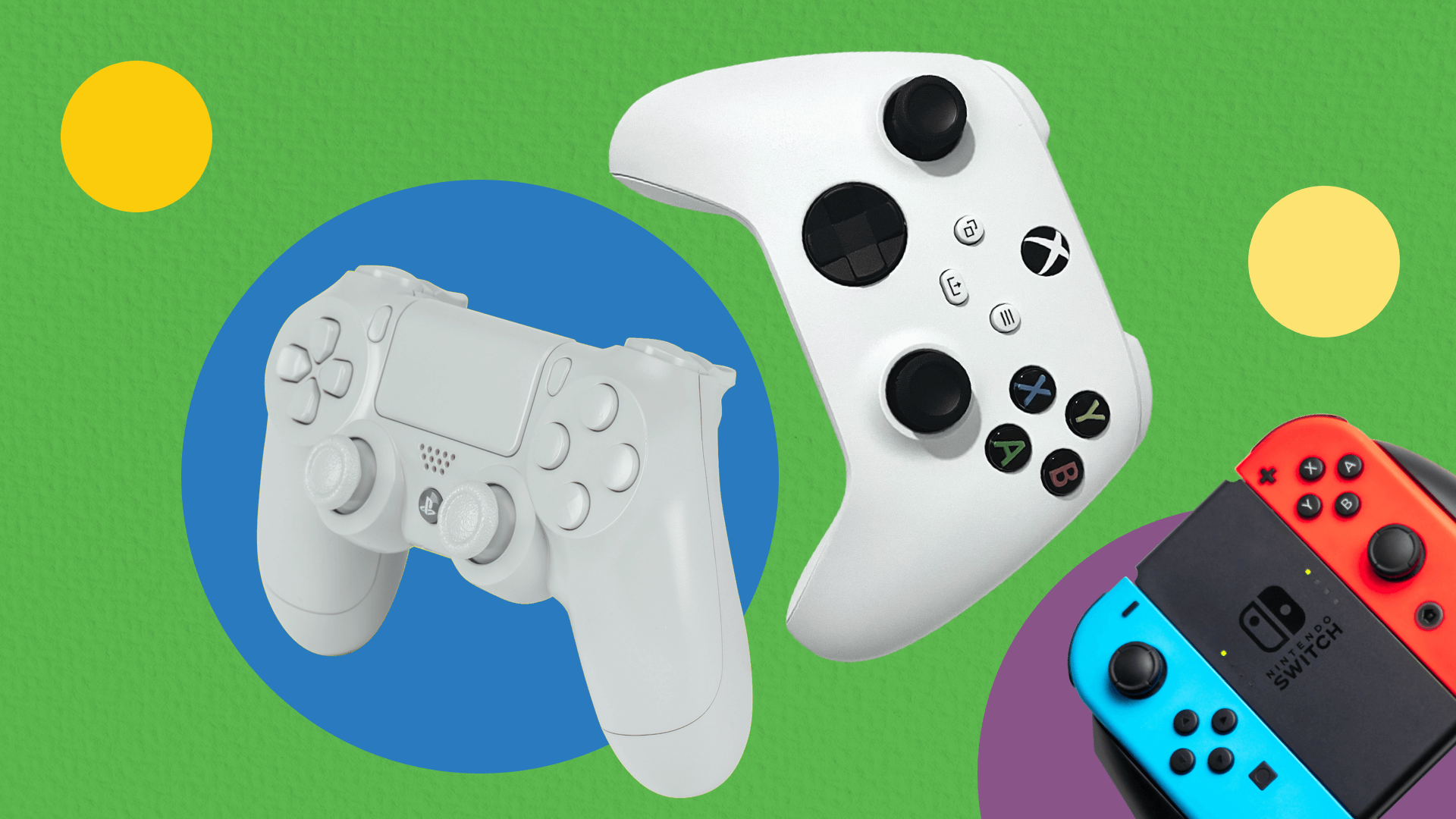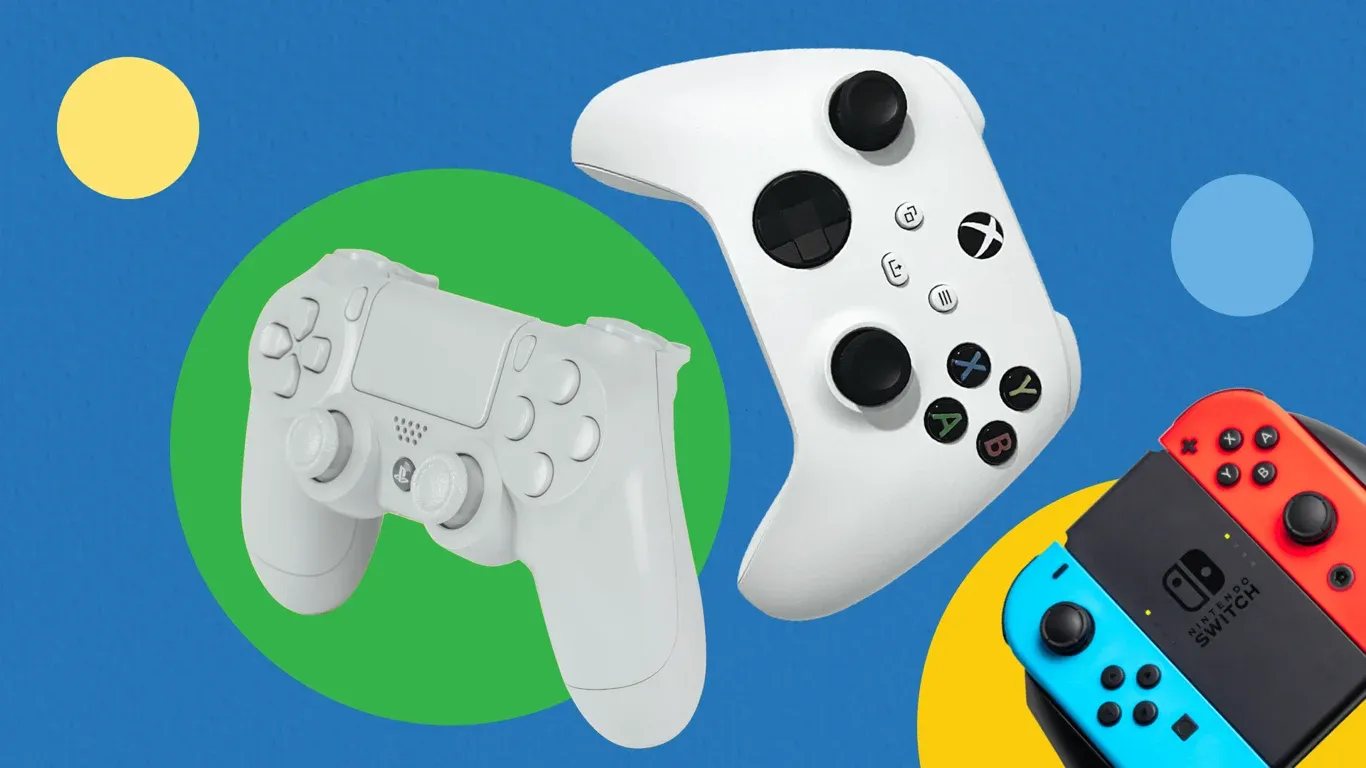An interview with Koen Schobbers, the Netherlands' first esporter with top professional sports status and author of the book ‘My Gaming Child’ (book only available in Dutch for now)
It was a rainy Winter day in the Netherlands when we met Koen Schobbers at a hip café next to Gouda railway station near Rotterdam. He had just returned from a weekend in Istanbul, Turkey, where he attended the Global Esports Federation’s staple event the Global Esports Games. Since he became a professional gamer (esporter) at the age of 15, video games have played a central role in his life.
A central role but not the lead role. He is also involved in sports - which is necessary as a professional gamer - and he has studied Medicine. Gaming has long been an everyday hobby for every age, profession, and gender. And so is elite electronic sport, which makes gaming more integrated into society. So why is it that gaming is not understood by many people, mainly parents? And why do parents and children often have conflicts about gaming?
From esports to expert
From a young age, Koen loved cars, racing and speed. Instead of a career in motorsport, his parents thought it safer to let him race virtually. At first, his father would win the races, but a day later Koen proved to be the better virtual driver in ‘Trackmania’. Although he himself did not realise how good he was, he was soon scouted to race professionally for a team. And so it happened, although Koen’s career as an esporter changed his relationship with his mother, who couldn’t place the whole gaming thing.
When the contract was signed, clear agreements at home ensured that Koen could only continue gaming professionally if his school grades did not suffer. “School, however, was not the problem. My mother and I did not understand each other,” says Koen. "My father was interested in my hobby, but my mother wasn't, so I didn't talk to her about it." He moved more towards his father, which caused a gap in communication with his mother. "We grew apart," says Koen, and the emotion of that time comes up even now. "It was a painful experience, but as a child, you are not the one who makes the first move. As a child, you can do whatever you want, but the parents are in charge. So it's up to the parents where the change should take place."

It was only when his mother read Thomas Gordon’s book ‘Listening to Children’ (in Dutch) and immediately applied the knowledge to him that things changed a lot and their relationship got better again. Things changed completely when he came third at the Trackmania World Cup and gained media attention as a result. Suddenly, her gaming child was no longer the target of scathing looks from other parents, but a successful esporter. The stigma that gaming children unfortunately still face played into the fact that his mother needed quite some time to warm up to her son's hobby and later career. Communication improved, making it much easier to make arrangements. And with that, there was more understanding from both sides, mending the relationship and improving the connection.
The same kind of problems regarding communication and children who, according to parents, play too much video games, suddenly emerged in Koen's surroundings. "My parents and I had already experienced this, so we knew exactly what was going on," he says. Driven by his own painful experience and steep learning curve, he organised a workshop in 2016 to help parents of gaming children learn to cope with their gaming child. He then started writing down all his knowledge in 2017 - which became the basis of his book in 2018.
Finally, he ended his career as an esporter and transformed his career to become an expert on communication between parents and their gaming children, creating the platform Parents of Play (in Dutch).

Does my child have a gaming addiction? Hint: probably not
Not every child who loves gaming is addicted to it. “Parents or caregivers often prematurely conclude that their child is game addicted,” says Koen. Inspired by how his mother reconnected with him after he became the first Dutch boy ever to achieve top sports status, he published the book ‘My Gaming Child’ in 2020. In it, he answers some of the most common questions that parents of gaming children ask. Not to mention some tips to implement. Parents are thus more informed, creating better communication and understanding with their children. He explains how to build a solid foundation in terms of communication by making good agreements about your child’s gaming behaviour.
It is not done in one afternoon. It is pretty hard work to come to good agreements on gaming, together with your child. But then again, parenting itself is a lot of hard work. In the beginning, there may be irritation on both sides. But, persevere and continue to seek open dialogue to come to good agreements. For example, start planning the week together every Sunday. Just remember to keep it also light-hearted and flexible.
“Advice like ‘reduce a child’s screen time to two hours a day’ won’t get you very far,” Koen says. “Because in your child’s mind, this agreement quickly turns into ‘I have to spend 2 hours a day gaming,' and you don't want that either." After all, every day, every household and every situation is different. So instead of general advice on how many hours a day you should let your child play games, you won't get any from Koen.
Instead, he advises looking at the general schedule, such as school, homework, sports, dance class, etc. "And then see where playing games fit in between. That way, in no time, it won't feel like a restriction, but something normal to do." When gaming is treated like just another normal hobby that needs its healthy boundaries, it is not much different from, say, playing outdoor football with friends.
However, gaming is still often a misunderstood activity surrounded by stigmas. But finding the right balance will help you stay away from 'being addicted'. Koen has therefore developed the 'Game Wheel of Five’: Sleep, Study, Sport, Social and Gaming. Gaming should not harm the other spokes of the Wheel. There is a risk of gaming addiction when two or more areas of life are consistently affected by gaming. So gaming should not come at the expense of sleep, social activities, performance at school or work, or sports. This model is also used by agencies for diagnosis, such as De Opvoedpoli and Jellinek (both Dutch). More on this model in a subsequent article.

‘My Gaming Child’: the advice for a healthy home
Koen is living proof that, with the right guidance from home, a young gamer can do well in school and lead a healthy, active lifestyle. Do you still have problems with a gaming child where communication is strained? Then, as a modern household, you can make good use of a copy of the book 'My Gaming Child' (International publishers, for you too!). At least until the time comes when an entire generation of gaming children has turned into gaming parents.
Gaming is fun, just like many other hobbies, so cherish the fun and pay attention to your gaming child. Show interest and be involved. It may not be the hobby you had in mind, but be open to what your child enjoys. By listening to your child and being genuinely interested, you will maintain the bond and you also gain more understanding if you want to set healthy boundaries. You don't have to immediately pick up the controller yourself too - but who knows, you could have a lot of fun!
Did you find this helpful? Or are you also at a loss about your child's gaming behaviour yourself? Then we have good news for you! In the coming months, Koen Schobbers will summarise his advice to parents of gaming children in a series of guest articles for Dundle Magazine.







